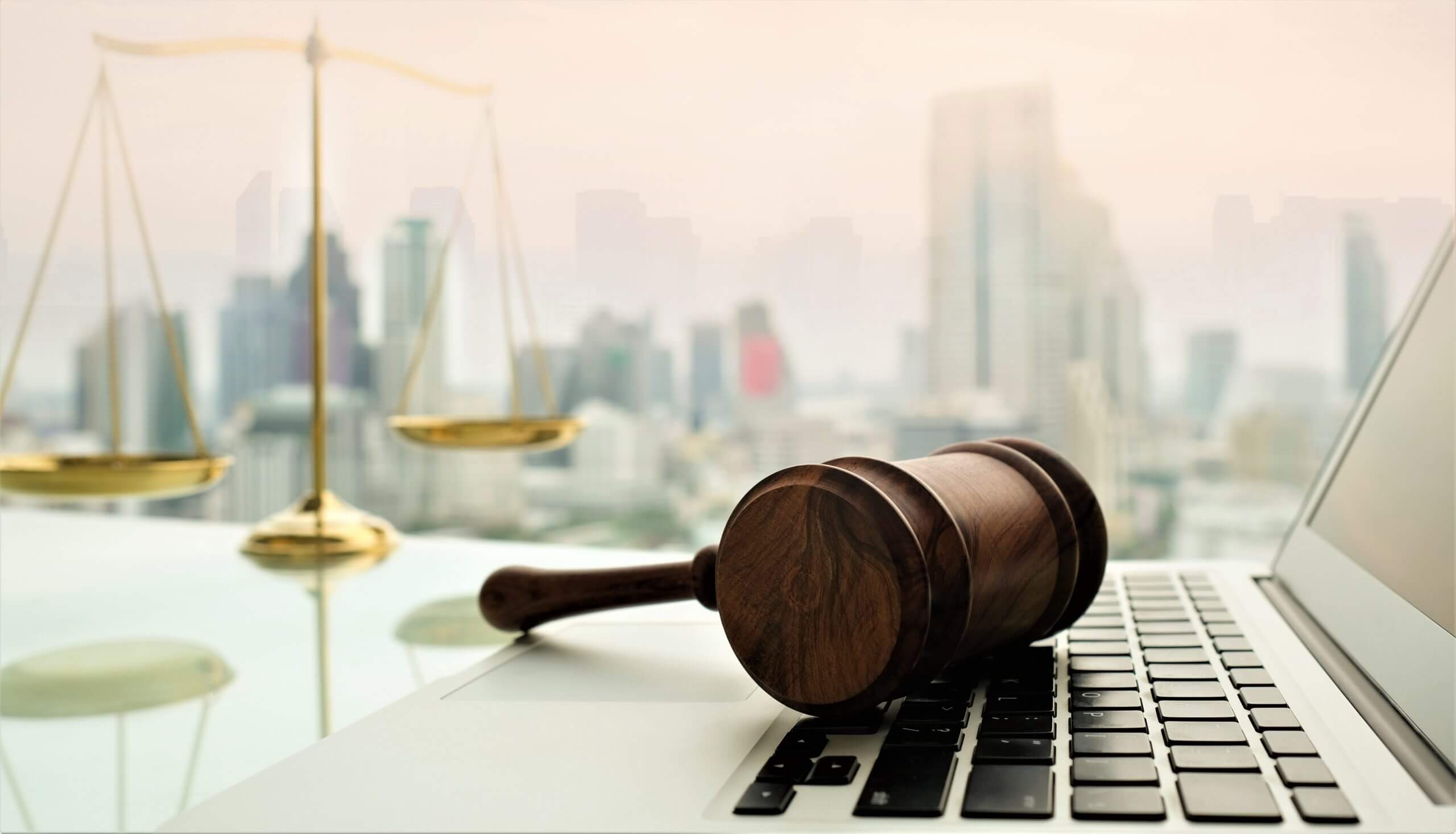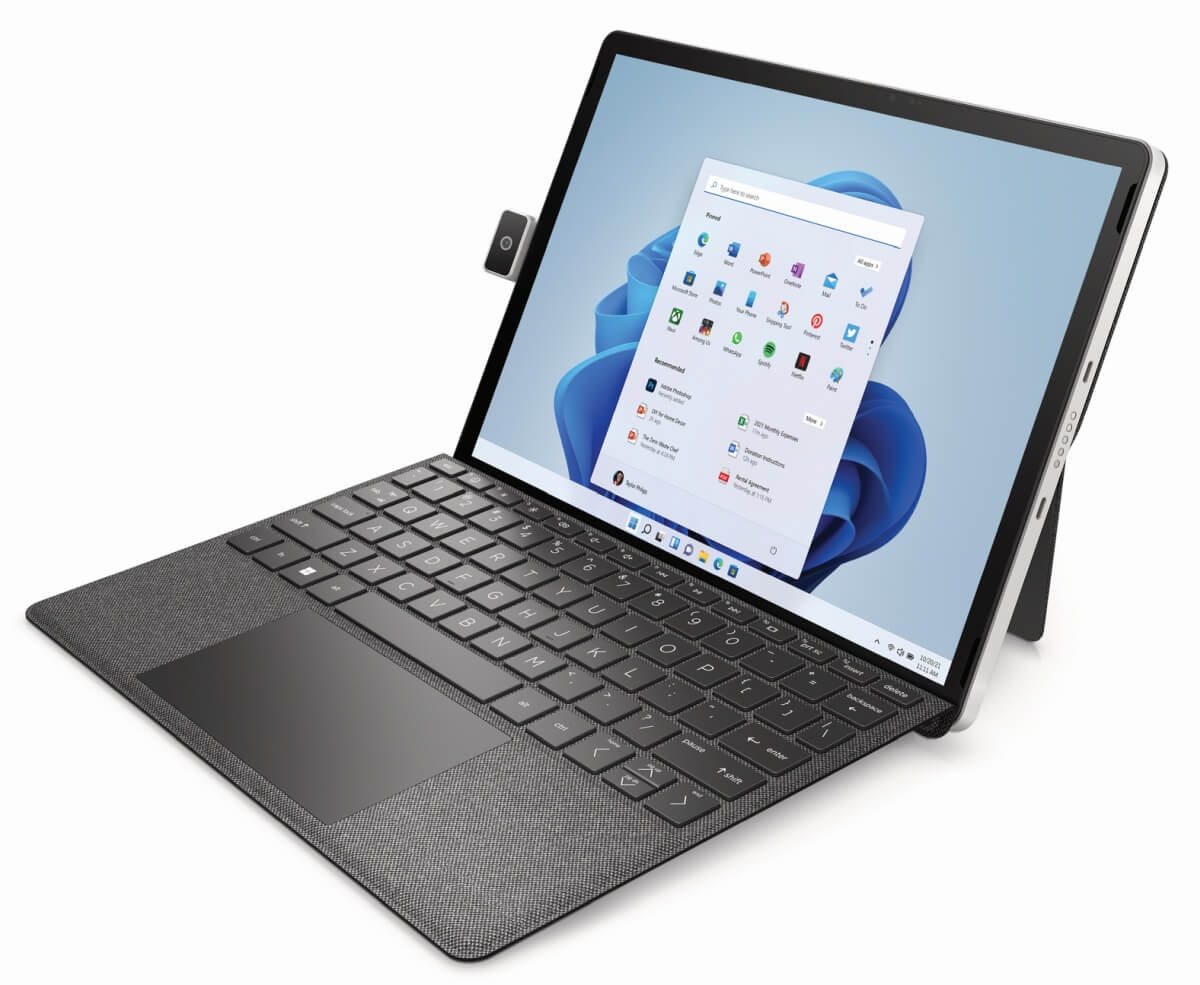
A precedent setting legal case regarding digital works is currently underway in Maryland. On January 1, a Maryland law went into effect that requires Ebook publishers to license libraries on reasonable terms.
Library associations have been advocating for more fair-minded terms which would allow them to access to Ebooks at lower prices. The groups say libraries pay too much for electronic books and should be able to get them at more discounted prices. Publishers require re-purchases of licenses, can limit the library’s ability to circulate digital copies, and therefore, charge higher prices. 
A Press Release from Maryland Library Association (MLA) states “Maryland’s public libraries are committed to making sure that all members of our community have equitable access to library resources. When libraries were shut out of the marketplace of ideas and information, Maryland’s public libraries acted to ensure that readers of all ages, borrowing from Maryland’s libraries, would have access to a full range of high-quality informational and literary titles, and the same access as the retail marketplace.”
However, for publishers and authors, the new bill and law enacted in Maryland have set them on high alert. They are concerned the new legislation infringes on copyrights.
The Association of American Publishers (AAP) is against the measures, and filed a lawsuit in December 2021 to get Maryland’s law overturned. The AAP claims the law infringes on federal copyright protections. “It’s true that these bills would force more works on more immediate terms at devalued pricing,” Maria Pallante, president of AAP, told Axios in an interview in December 2021. “Where we disagree is if that’s good for the sustainability of the publishing industry, or whether it’s lawful.” There is concern that there will be “unprecedented control” over interactions and negotiations with publishers in the future.
Similar bills allowing reasonable and discounted access to Ebook materials are being proposed by library associations in Massachusetts, Rhode Island, and New York; they are waiting to see the outcome of the battle in Maryland.

In response, legal suits to the one in Maryland by the Association of American Publishers are aimed to follow if the other states decide to move forward. Publishing industry lobbyists and copyright attorneys have said these bills propose an unprecedented and extreme rewriting of the copyright system that only Congress can change.
The APP and Library association are in agreement that the public libraries are a key part in the engagement with readership, but the APP maintains that the Maryland law has the potential to damage authors and to diminish the copyright system.
Many eyes are on Maryland.
In response to the APP’s lawsuit, on January 14th the Maryland Attorney General defended the state’s new library e-book law in a 42-page legal memorandum. There is a hearing on the preliminary injunction schedule for early February. The outcome of this case could have far reaching impacts as public libraries not only have Ebooks in their digital collections, but also movies, music and they often subscribe to a variety of news and magazine publications. The National Music Publishers Association, the News Media Alliance and The Motion Picture Association, have also come forward in opposition to the bill. They claim there could be a domino effect if the Maryland law is left unchallenged, creating compulsory licenses for other creative works.
An avid book reader and proud library card holder, Angela is new to the world of e-Readers. She has a background in education, emergency response, fitness, loves to be in nature, traveling and exploring. With an honours science degree in anthropology, Angela also studied writing after graduation. She has contributed work to The London Free Press, The Gazette, The Londoner, Best Version Media, Lifeliner, and Citymedia.ca.
